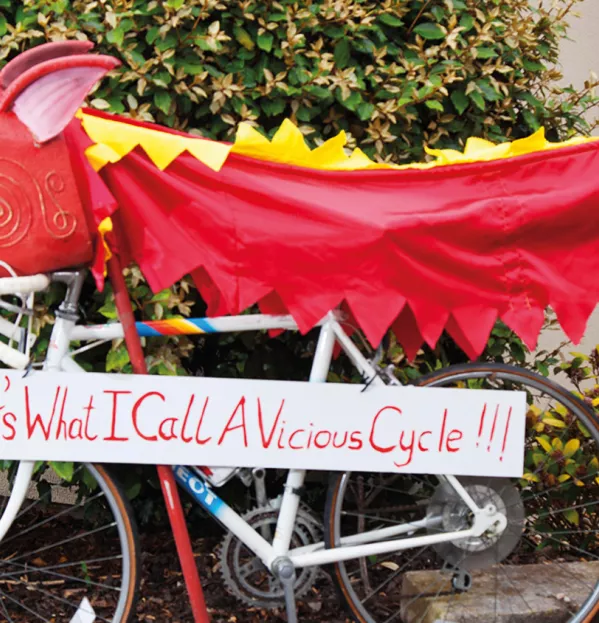Have some sympathy for the poor folk working at the Department for Education. They’re clearly overworked and finding it hard to keep on top of their burgeoning workload. What else could explain the near endless delay to the teacher pay announcement, which finally emerged on Tuesday? Many schools broke up last Friday still not knowing whether teachers would have a pay rise in September, let alone what it might be or who would pay for it.
Perhaps, though, the department could take a leaf from its own book and set up a little workload committee so it can reduce the amount of work it does. Of course, setting up a committee might involve some work in itself, and the people involved will need to give up some of their time to contribute to it, but at least they will know that they will be contributing towards the common good of reducing workload.
Or perhaps they already have done this? After all, you know what they say about decisions made by committees. Surely it could be only the most unwieldy of committees that would have led to the department deciding to release a whole bundle of information, intended to support schools in reducing workload, on the first weekend of many teachers’ summer holidays! As it was, my school was still open until Tuesday, so perhaps it is those of us with late term dates that the department thinks are overworked?
Doing my public duty as a column-writer, I gleefully absorbed all of the wisdom from the department’s workload bigwigs on my Saturday morning so that you don’t have to. And really, you don’t have to. If there’s anything there that you couldn’t have worked out for yourself, the chances are that reading it in government-issue format probably won’t help you either.
Drowning in data
The wisdom in the “toolkit” includes such gems as a Word document template to help you decide which data you should stop collecting.
In case you can’t decide among your team what data is useful to you, they have distilled the thinking into some handy scoring systems. Yes, you read that right: in an effort to reduce data collection, they suggest that you make a table of data showing just how useful the data is and how much work it creates.
Other great tips include spending time and money on training staff to use new software for designing lesson resources, and holding a staff meeting to discuss workload (yes, honestly!). And what should you do once you’ve discussed what the causes of heavy workload are? Well, there are no answers, just more questions. Inspired questions, which I’m sure no school leaders have considered, such as, “What could we stop doing in any of these areas that would reduce workload while maintaining standards for pupils?”
Surely that’s the only question that needs asking? If leaders want to tackle workload, they should be exploring in their schools where the unnecessary workload is, and then reducing it. This toolkit does nothing to achieve that.
The DfE could, of course, do many things to cut workload. For a start, it could ditch the arduous process of teacher assessment, which provides such unreliable data and yet requires so much effort to collate. It could drop the endless requirements - and changes - for what should be published on school websites. Is it really a good use of leaders’ time to record the number of pupils who can swim backstroke?
In truth, many of the workload burdens in schools are a result of the need to provide ever higher Sats and GCSE results for the accountability system. If the department is serious about reducing teacher workload, then it needs to start looking more critically at its role in that.
Michael Tidd is headteacher at Medmerry Primary School in West Sussex. He tweets as @MichaelT1979
